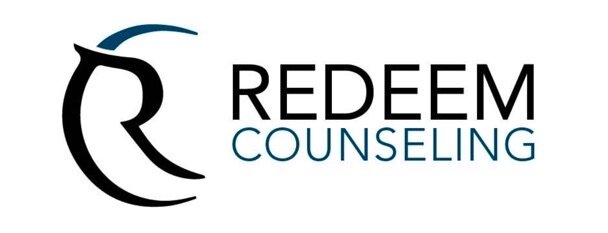Sleep Easy, Stress Less: Part 2 - Non-supplement Supplements for Anxiety and Sleep
We explored natural supplements to help with anxiety and sleep issues in part one of this blog, and now it’s time to discuss some non-supplement supplements that can be supportive for peaceful sleep.
1. Exercise. While not a supplement in the traditional sense, exercise is a natural way to reduce anxiety and improve sleep quality. Regular exercise, and especially cardiovascular exercise, has been shown to increase levels of endorphins, which are natural mood-boosters, and are proven to improve sleep quality.
2. Mindfulness meditation. Mindfulness meditation has been shown to reduce anxiety levels, improve mood, and improve sleep quality. 10 minutes of daily breathing-focused mindfulness can help calm the mind and reduce stress levels, contributing to better functioning and more restful sleep..
3. Cold-water exposure. Regular, brief cold water immersion has significant helpful benefits for anxiety and depression, attention and cognition, and a host of other health measures... including regulating your sleep cycle. Even just 30 seconds at the end of your morning shower has a measurable impact. Because of its activating effects, it's best done earlier in the day.
-
Below are some of the other popular substances that people commonly use for sleep. While they may prove to be somewhat effective, however, they’re not recommended due to their notable health risks.
1. Diphenhydrinate: This is a powerful sedative is an effective over-the-counter sleep aid that's found in common medications such as Benedryl and Tylenol PM. While effective for occasional use, long-term regular use appears to increase the risk of dementia.
2. Cannabis. While effective for managing pain, insomnia, and anxiety, marijuana smoke has 50% to 75% more cancer-causing carcinogens than cigarettes. Other forms of cannabis consumption may prove safer for managing pain and insomnia, but more research is needed.
3. Kava. Popular among Pacific Islanders for centuries, Kava has been used for anxiety, stress, and other neurological benefits. Long-term use, however, increases the risk of liver damage, kidney damage, and compromised immune functions.
4. Alcohol. Alcohol might be the most commonly used sleep aid the world has ever known… and the most harmful. The list of health risks associated with alcohol consumption is ridiculously long. It includes everything from dementia to diabetes, stroke to heart attack, chemical dependency to cancer. Additionally, even in the short term, alcohol doesn’t help you get the rest you need.
In summary, there are a number of healthy and helpful supplements to consider in the effort to reduce stress and improve sleep. And while these don't serve as a substitute for medical services or psychotherapy, they can be an effective part of a holistic self-care lifestyle.

